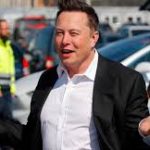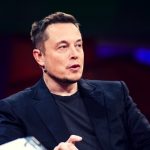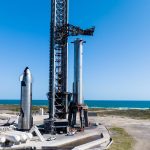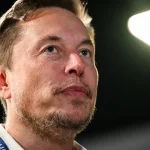Elon Musk Buys the Pacific Ocean to Build a Floating City!
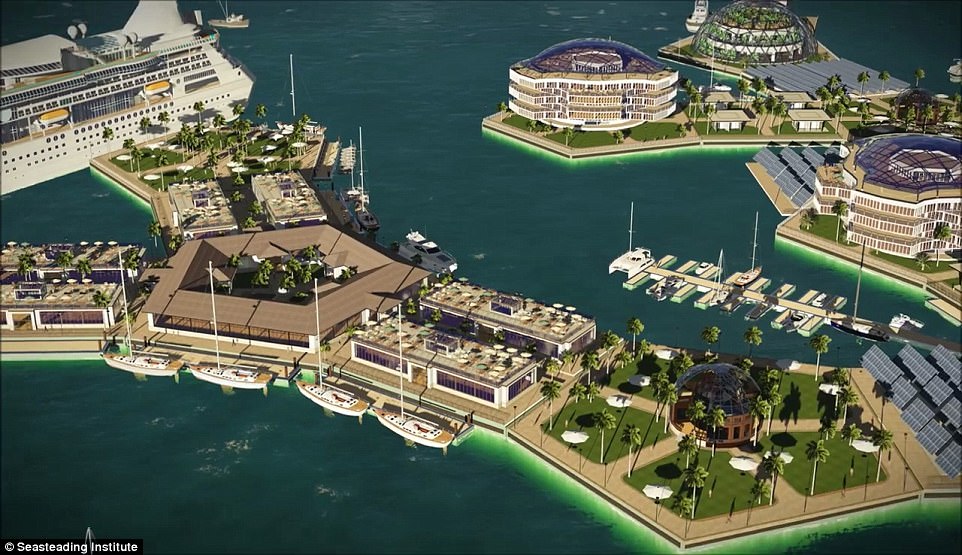
Elon Musk Buys the Pacific Ocean to Build a Floating City!
In a move that can only be described as visionary, Elon Musk, the billionaire entrepreneur behind SpaceX, Tesla, and several other groundbreaking ventures, has announced that he has purchased the Pacific Ocean. The purpose? To build the world’s first floating city—an ambitious project that is set to redefine what we understand about urban living, technology, and environmental sustainability. This article explores the details of Musk’s unprecedented move, the potential of the floating city, and the implications it may have for the future of humanity.
The Concept of a Floating City
Before diving into the specifics of Musk’s plans, it’s important to understand the concept of a floating city. The idea of cities that float on water is not new, with thinkers and architects from around the world proposing solutions to overpopulation, rising sea levels, and land scarcity. However, these ideas have often remained theoretical or in the prototype stage. Musk’s decision to purchase the Pacific Ocean to make this vision a reality is both audacious and innovative, merging his characteristic love for space exploration with practical concerns about climate change and urbanization.
The floating city will be a highly advanced and self-sustaining metropolis built on large, modular platforms that can adapt to changing environmental conditions. With the Pacific Ocean as its base, this city will offer an entirely new way of life, free from the constraints of traditional land-based urban centers. Musk’s vision includes everything from floating homes and office buildings to schools, parks, and entertainment hubs, all designed to withstand the harsh conditions of the ocean while promoting sustainability and efficiency.
While the concept may sound like something straight out of a science fiction novel, Musk’s track record in transforming the impossible into reality suggests that this floating city could become a tangible, thriving metropolis in the near future.
Why Musk Chose the Pacific Ocean
Elon Musk’s decision to purchase the Pacific Ocean is a remarkable one, especially considering the vastness of the ocean and its geopolitical implications. The Pacific Ocean, covering more than 63 million square miles, is the largest body of water on Earth, making it an ideal location for a floating city that could accommodate millions of people. Musk’s acquisition of the ocean is likely a strategic move, giving him the authority to develop the land beneath the water’s surface, which was previously a shared resource governed by international law.
There are several reasons why Musk chose the Pacific Ocean for this ambitious project. One of the primary factors is the issue of rising sea levels. As global temperatures rise, the melting of polar ice caps has caused ocean levels to rise, threatening coastal cities and low-lying areas. Musk has been a vocal advocate for addressing climate change, and by creating a floating city, he aims to set an example of how humanity can adapt to the challenges posed by a changing climate.
Another reason for choosing the Pacific Ocean is its strategic location. The Pacific is a hub for international trade, with numerous ports and shipping lanes that facilitate the movement of goods around the world. A floating city in this region could offer a unique opportunity to integrate with global supply chains while also promoting sustainability. Musk has long championed the idea of reducing humanity’s dependence on fossil fuels, and the floating city will be built with green energy sources such as solar and wind power, making it a model for future urban developments.
Finally, the Pacific Ocean offers vast, uninhabited space, allowing Musk to create a city free from the constraints of land-based infrastructure. The ocean provides an opportunity for Musk to build a city from the ground up, incorporating the latest technological innovations and sustainable practices without the limitations of existing urban structures.
The Technological Marvel of Musk’s Floating City
What sets Musk’s floating city apart from other urban projects is the cutting-edge technology that will power it. Musk’s ventures, including SpaceX and Tesla, have always been at the forefront of technological innovation, and the floating city will be no exception. From autonomous transportation systems to renewable energy solutions, the city will incorporate state-of-the-art technologies that prioritize efficiency, sustainability, and livability.
One of the most intriguing aspects of the floating city will be its infrastructure. Musk has made it clear that the city will be designed to be entirely self-sustaining, with zero reliance on traditional land-based resources. This means that the city will produce its own food, water, and energy, utilizing technologies such as vertical farming, desalination plants, and renewable energy sources like solar panels and wind turbines. The integration of smart technology will also play a key role, with sensors and data-driven systems managing everything from waste disposal to energy usage.
Autonomous transportation will be a key feature of the floating city. Musk’s work with Tesla’s self-driving cars and SpaceX’s autonomous rockets has demonstrated his commitment to reducing human error and increasing efficiency through automation. The floating city will feature electric, autonomous vehicles that can transport residents across the city’s various sectors, making travel within the city fast, safe, and environmentally friendly. In addition, Musk envisions using hyperloop technology, a high-speed transportation system, to connect the floating city with other coastal cities, revolutionizing travel and trade.
Another cutting-edge element of the floating city will be its modular design. The city will consist of interconnected platforms that can be expanded or modified as needed. This flexibility will allow the city to adapt to changing environmental conditions or population growth, ensuring that it remains sustainable and livable for generations to come.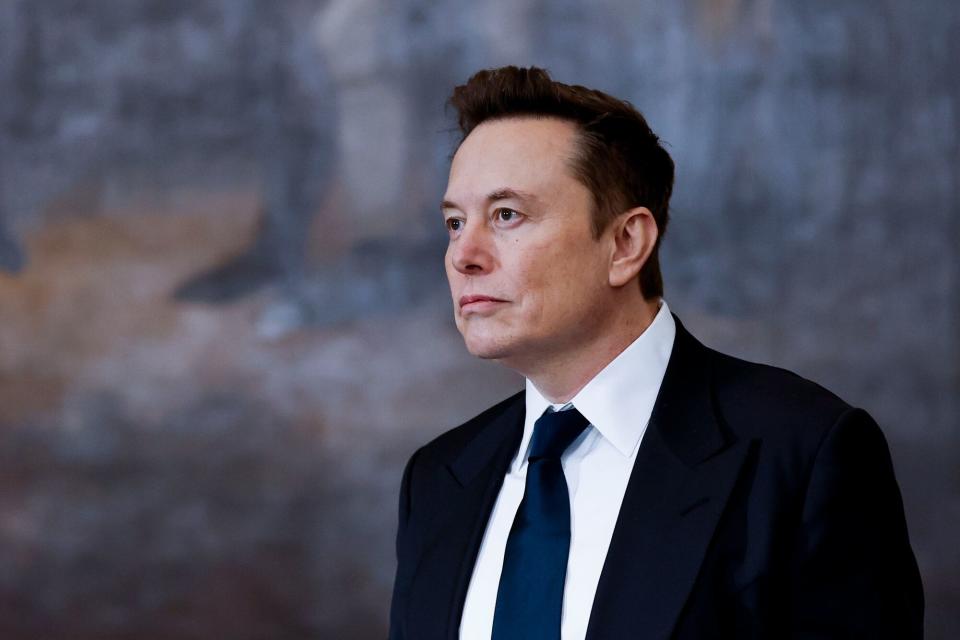
The Environmental and Social Implications of the Floating City
The environmental and social implications of Musk’s floating city are profound. On the one hand, the city promises to be a model of sustainability, reducing humanity’s carbon footprint and providing a solution to the challenges posed by overpopulation and climate change. By using renewable energy sources, recycling water, and producing food locally, the city will minimize its environmental impact while offering a high standard of living to its residents.
However, the creation of a floating city also raises several concerns. The idea of purchasing the Pacific Ocean, a vast and ecologically sensitive area, has prompted debates about the potential environmental impact of such a large-scale project. Critics argue that building on the ocean could disrupt marine ecosystems, damage coral reefs, and contribute to ocean pollution. Musk will need to address these concerns by ensuring that the floating city is designed with minimal disruption to the natural environment and by implementing rigorous environmental protections.
Socially, the floating city could become a beacon of innovation and progress, attracting people from all over the world who are eager to live in a cutting-edge, sustainable environment. However, there are also concerns about inequality and accessibility. While Musk’s floating city may offer a high standard of living for those who can afford it, there is the risk that it could become a gated community for the wealthy, further exacerbating social divisions. Ensuring that the city remains inclusive and accessible to people from all walks of life will be a critical challenge.
A Bold Step Toward the Future
Elon Musk’s decision to buy the Pacific Ocean and build a floating city is an audacious and groundbreaking move that could reshape the future of urban living. With his history of tackling monumental challenges and turning ambitious ideas into reality, Musk is well-positioned to lead the way in creating a sustainable, technologically advanced metropolis that could serve as a model for future cities. As the world grapples with the challenges of climate change, overpopulation, and resource scarcity, Musk’s floating city could offer a glimpse into a future where humanity lives in harmony with the environment and with each other.
The success of this project will depend on several factors, including technological feasibility, environmental impact, and the social dynamics of life in a floating city. However, if anyone has the vision and resources to make this idea a reality, it is Elon Musk. As we look toward the future, the floating city could represent not just a new way of living but a new way of thinking about the possibilities of human civilization. Whether or not the project succeeds, it is sure to inspire future generations to dream big and push the boundaries of what is possible.

